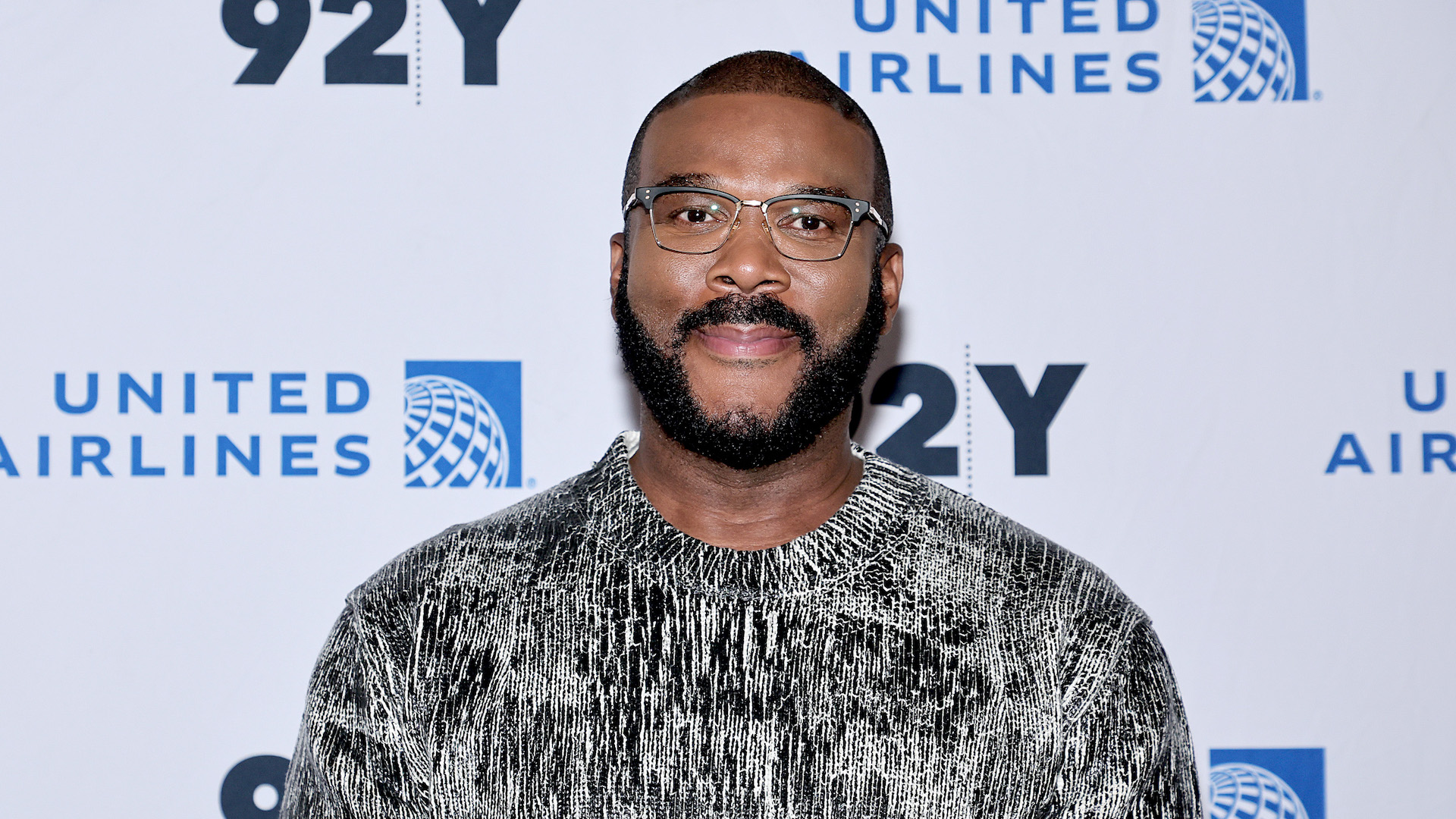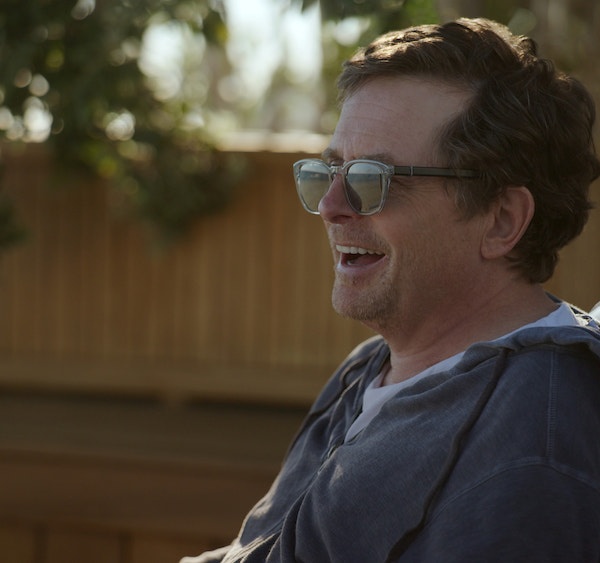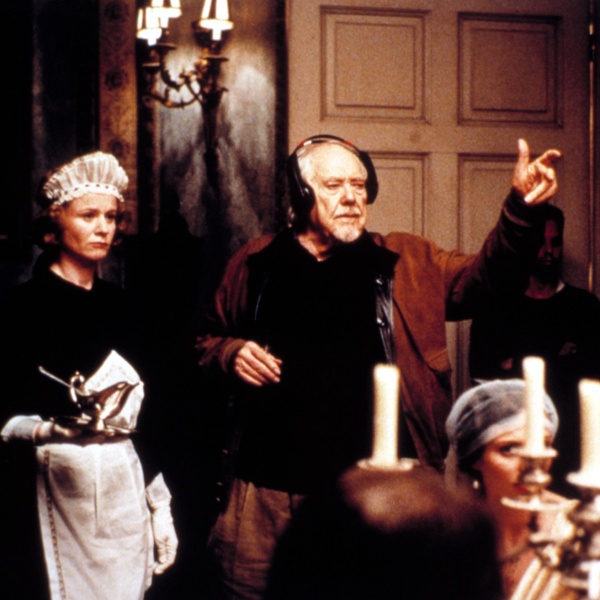Tyler Perry is shrugging off criticisms of his films, especially his comedies.
The multi-hyphenate mogul addressed wanting to represent his audience onscreen, regardless of critical reception.
“A large portion of my fans are disenfranchised, who cannot get in the Volvo and go to therapy on the weekend,” Perry said during the “Baby, This Is Keke Palmer” podcast. “You’ve got this highbrow negro who is all up in the air with his nose up looking at everything. Then, you got people like where I come from, and me, who are grinders, who really know what it’s like, whose mothers were caregivers for white kids and were maids, housekeepers, beauticians. Don’t discount these people and say their stories don’t matter. Who are you to be able to say which Black story is important, or should be told? Get out of here with that bullshit.”
Perry continued, “If you let somebody talk you out of a place that God has put you in, you are going to find yourself in hell. I know for a fact that what I’m doing is exactly what I’m supposed to be doing, because for everyone who is a critic, I have thousands of — what used to be — emails from people saying, ‘This changed my life. Oh my God, you know me. Oh my God, you saw me. How did you know this about my life and my family?’ That is what is important to me.”
The “Madea” writer/director/star reflected on being “grateful” to have gotten his start outside of the “box” of the studio system. When podcast host and Perry collaborator Palmer asked why Perry decided to release “Diary of a Mad Black Woman” as first feature film, as adapted from his play, Perry explained how he knew the feature would prove he had a target audience.
“I knew it would hit. I knew I’ve got to go to Hollywood and then the white folks at the desk were like, ‘What is this? We’re not going to do this,’” Perry said. “But I knew I had all the Black folks who had seen it all over the country and I knew what that meant for them to stand with me. And so when it opened at number 1, everybody in town was scratching their heads. I’ll never forget: It was Oscar weekend, everybody scratching their heads like, ‘What is this movie? Who is this Tyler Perry person?’”
As for weathering critics, Perry wants the next generation of filmmakers to not have to deal with what he has.
“I had to learn to choose myself because there are people in moments that if you keep trying to drag them up to higher altitudes where they can’t breathe, they will die. Some people have been only equipped in their life with life lessons of what they’ve learned to go to a certain level. I have been guilty so many times of trying to pull something, ‘You can do it, come on up,’ and it’s usually the very people that you invest the most in, that you try and help the most, will be the same ones who turn around and try to destroy you,” Perry said.
He added, “The only reason I’m still grinding so hard [is to work with the next generation]. I’m looking at all these folks coming through the gates, the young folks who had never had an opportunity in this business and I’m watching them blow up and do amazing things. I’m proud to be holding this space.”





